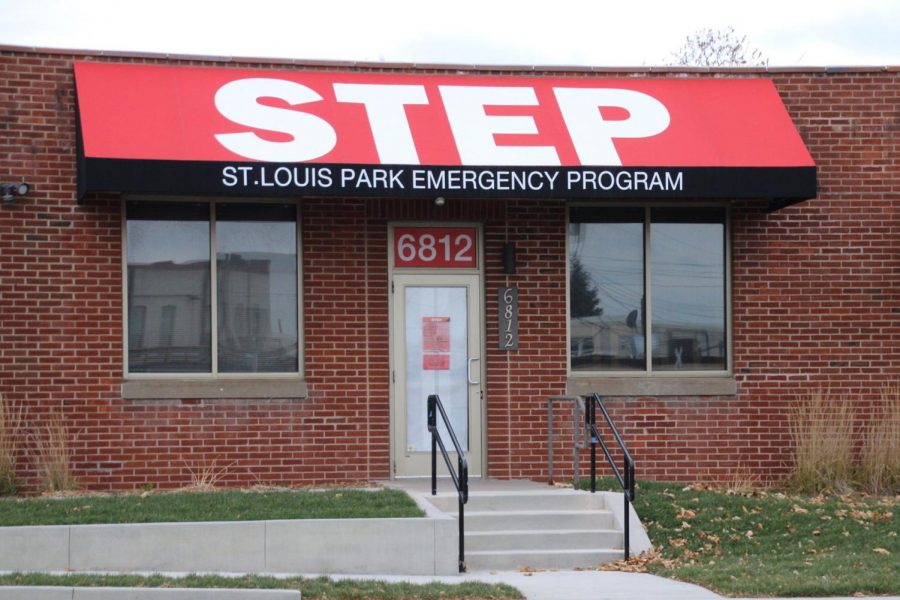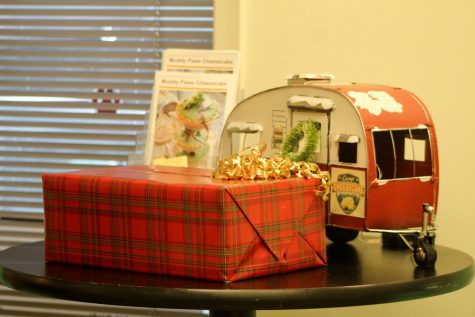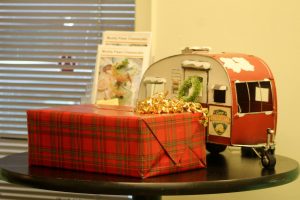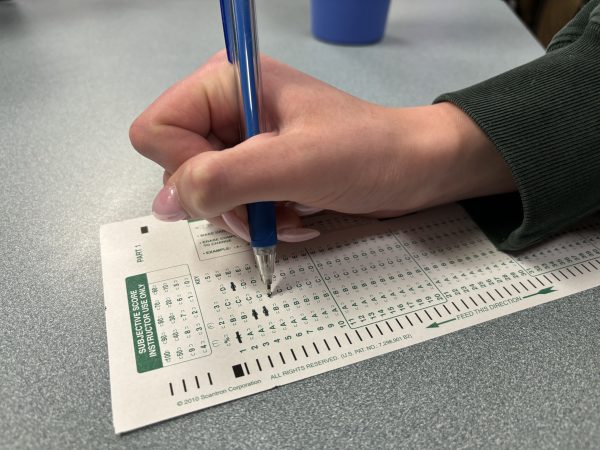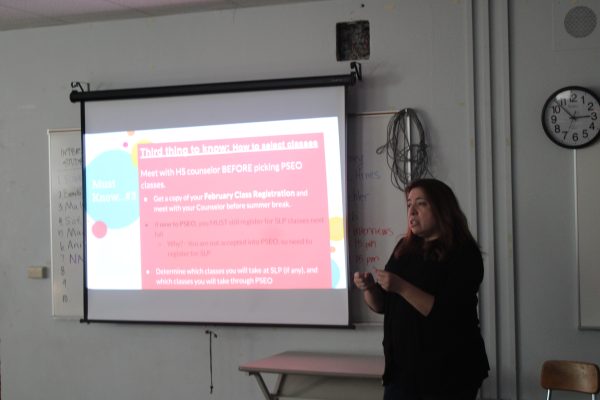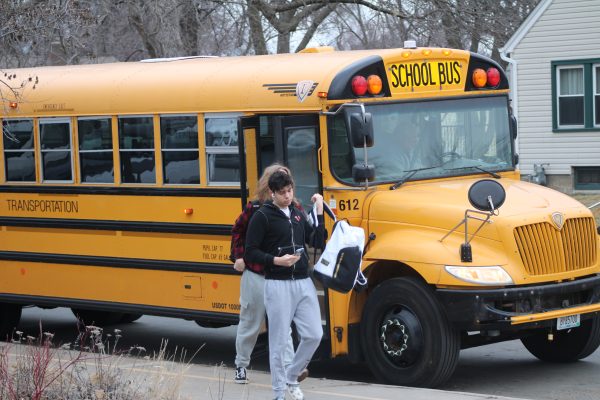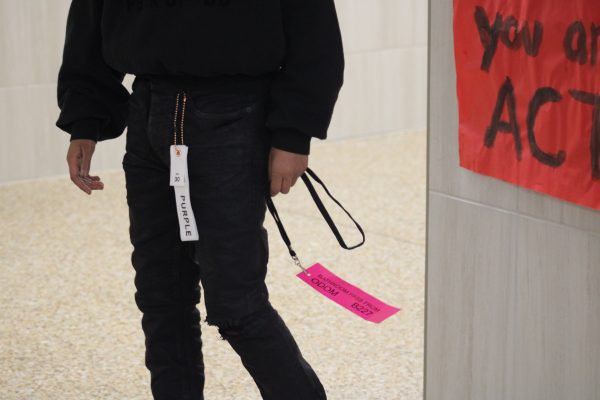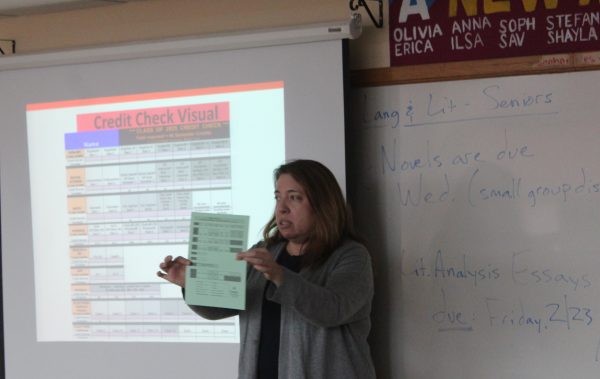STEP to not accept food donations through December
COVID-19 and surfeit donations behind decision
The STEP building, located on West Lake St., is unsettlingly quiet. Clients and volunteers no longer enter the building as a safety precaution. Instead, contactless pick-up is used to deliver items to those in need.
December 13, 2020
According to the St. Louis Park Emergency Program website, the organization will not be accepting food donations until Dec. 31 or possibly longer due to the abundance of food donations and Gov. Tim Walz’s guidelines for reducing the spread of COVID-19.
According to Derek Reise, director of St. Louis Park Emergency Program (STEP), the suspension of food donations is one of many precautions the organization has in place to reduce the spread of COVID-19.
“(STEP is) trying to do our part to minimize COVID spread by minimizing person-to-person contact. When people bring donations to us, there is person-to-person contact,” Reise said. “People do not come into our building, whether they’re donors or clients. We do no-contact grocery pickup. We’re connecting with people over the phone and over email.”
I have no doubt in my mind that we will continue to be able to get adequate food out to anyone who needs food assistance because the community has historically strongly supported us.
— Derek Reise
Junior Lily Nugteren, a frequent volunteer at STEP, said she is grateful for the volunteer opportunities that this food shelf provides, even without collecting food donations.
“I love STEP. They’re really great for our community and it’s really easy to volunteer for them. They’re super welcoming,” Nugteren said.
Junior Maree Lasala said she has stopped donating to STEP since the pandemic began to keep her family safe.
“In the past, I’ve gone to STEP to donate items of clothing,” Lasala said. “Now, It’s hard to (donate) because my family has an elderly person that’s high-risk for COVID.”
According to Reise, there are many ways to safely support STEP despite the current surplus of food donations.
“One (way to help) is…to help spread the word and tell people about STEP’s services,” Reise said. “The other real need we have right now is financial. Financial donations really help us to continue to operate.”
Nugteren said she supports STEP’s deferral of accepting food donations because it’s possible to do so and still get individuals what they need.
“It’s wonderful because since they’re getting so many donations, it’s probably a wise decision for them to stop so they can stop the spread of any sort of virus or bacteria,” Nugteren said. “Since they’re already getting enough donations, it’s not going to be a problem. People are still going to be able to come in and get the stuff they need.”
Reise said despite trying times, STEP will continue to meet Park’s needs thanks to community support.
“We have seen, particularly in the last couple of months, increased need for food support in St. Louis Park…We’re not in need of food right now…That will be a different story in January,” Reise said. “I have no doubt in my mind that we will continue to be able to get adequate food out to anyone who needs food assistance because the community has historically strongly supported us.”
STEP is still accepting monetary donations through their website.



